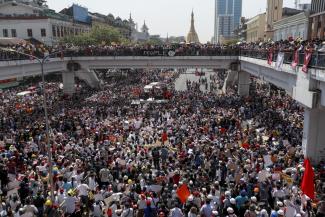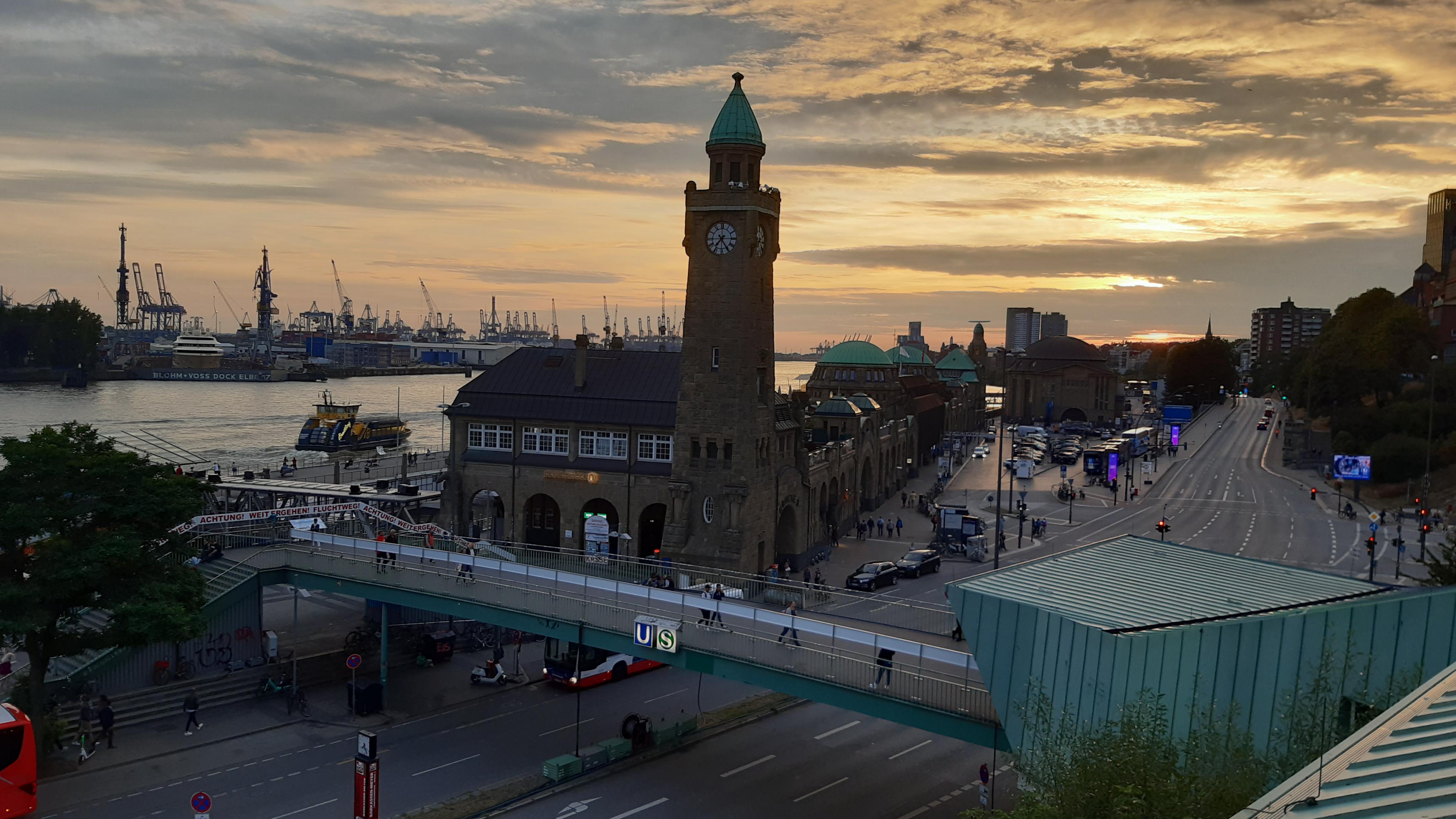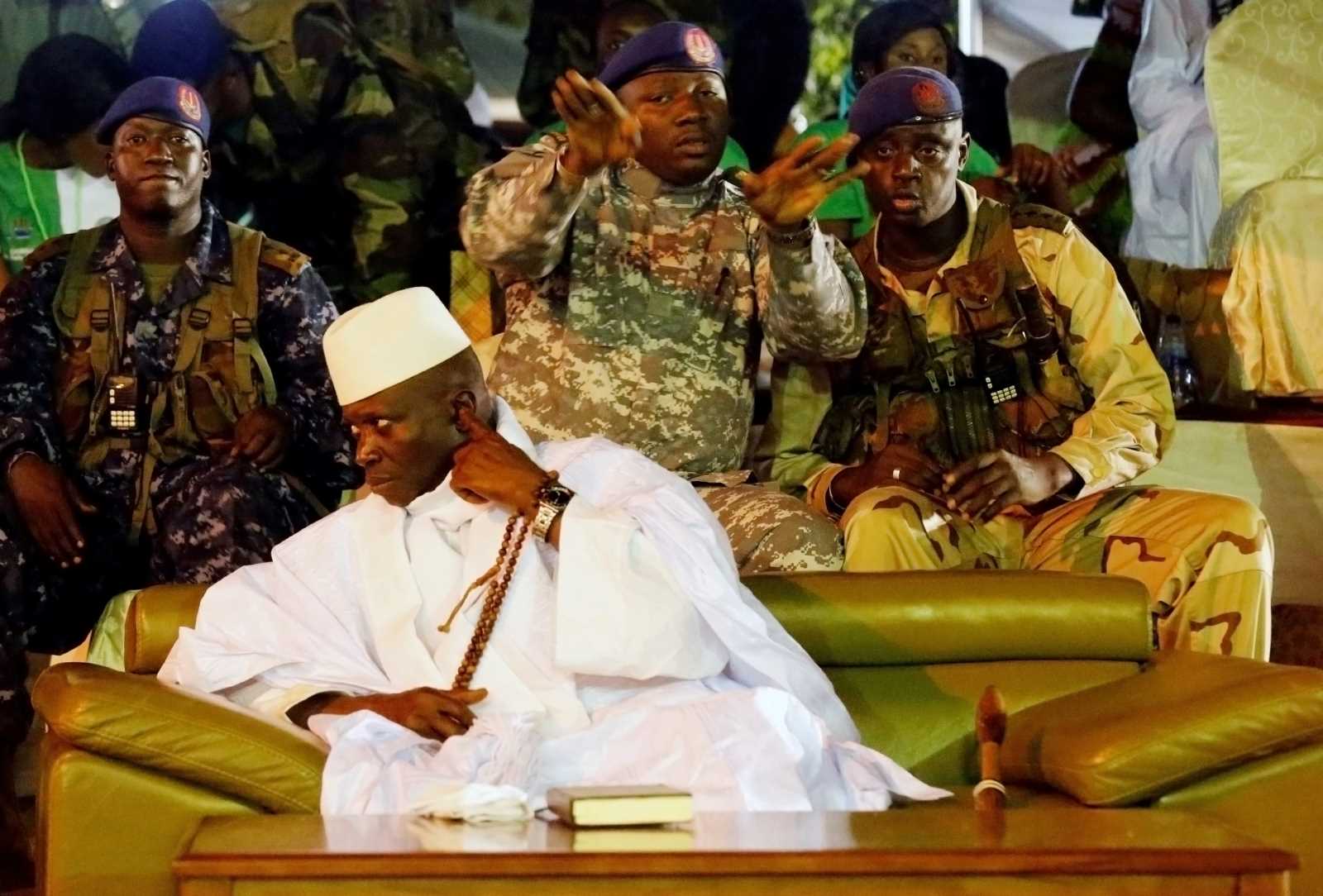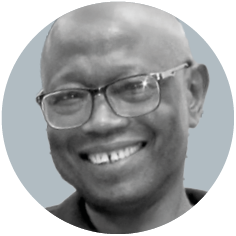Military coup
Where hope lies

“You messed with the wrong generation!” That is the message of the young people to the generals. They are numerous, they are well connected – including with other protest movements such as those in Thailand and Hong Kong – and they have enjoyed freedoms that they do not want to lose. This generation insists on being governed by politicians whom they have democratically elected.
For 20-year-olds in Myanmar today, the military dictatorship is a childhood memory. The country had been in the process of democratising for ten years. In 2012, the National League of Democracy (NLD), the party of Nobel Peace Prize laureate Aung San Suu Kyi, entered parliament, where it has had an absolute majority since 2015. However, the military never left: a quarter of the seats are reserved for the generals, which means they can block any law. The army also appointed a number of ministers.
Nonetheless, Suu Kyi, who cannot become president herself because of a constitutional clause tailor-made for her, still pulled many strings. She was considered the de facto head of government; her party ally and confidant President Win Myint was her surrogate. Now both are in custody. The new self-proclaimed rulers have also arrested hundreds of other people, including politicians, journalists, students and an Australian advisor to Suu Kyi.
Suu Kyi’s image has suffered in recent years – especially in the West – because she cooperated with the generals, and above all because she neither prevented nor condemned the crimes against the Rohingya minority (see my comment in D+C/E+Z e-Paper 2017/02, Debate section). However, she still enjoys great support among many people in Myanmar, as evidenced by the huge number of placards with which demonstrators are demanding her release.
This is not primarily about Suu Kyi though; the current generation of protesters in Myanmar does not need an icon to fight for their rights. People from all sectors of society are revolting against the fact that a democratically elected government was not allowed to form: monks and doctors, engineers and students, railway and rubbish collectors’ workers. The NLD won the parliamentary elections on 8 November by a landslide, while the army party, the USDP, suffered a resounding defeat. The military claims electoral fraud to justify the coup. It took place on the same day that the newly elected parliament was supposed to meet for the first time.
Presumably, the generals were simply afraid that the remnants of power they still held in their hands would slip away. And the privileges and financial gains that went with it. But they hardly expected such resistance. The world is a completely different place than it was in 1988, when the last mass protests took place in Myanmar. Back then, soldiers shot thousands of peaceful demonstrators – and got away with it. In February 2021, a policeman shot a 19-year-old demonstrator – and the whole world knows her name and face. Photos and videos of the moment Mya Thwate Thwate Khaing took a bullet to the head circulated on social media shortly afterwards.
“We can see that the military is losing patience, but unleashing bloodshed in front of livestreaming smartphone cameras will be difficult,” wrote Aung Zaw, editor-in-chief of the independent newspaper The Irrawaddy, on 16 February. The 52-year-old had taken part in the 1988 protests as a young student and paid for it with imprisonment and torture. In 1993, he founded The Irrawaddy in exile in Thailand. ”As in the past, if the military does launch a major assault, it will be like digging their own graves.”
The hope is that a bloodbath will be avoided. But that is not certain. The demonstrators are surely afraid of bloodshed. But at the moment, another fear seems to be even greater: if the people back down now, democracy and freedom will be lost for years.
Katja Dombrowski is a member of the editorial team of D+C/E+Z.
euz.editor@dandc.eu










